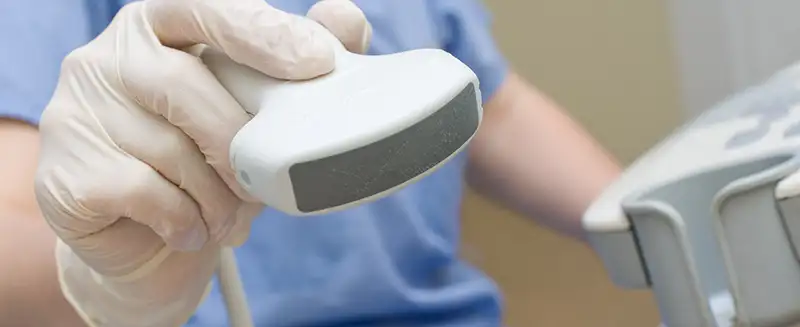
By: Amy Thompson, Sonography Program Coordinator at Bluegrass Community College & Sonographer at Saint Joseph’s Hospital, Lexington, Kentucky.
What Does the Future of Certification Look Like?
https://www.inteleos.org/what-does-the-future-of-certification-look-like/
https://www.diagnosticimaging.com/view/what-does-the-future-of-certification-look-like-
As the world of medicine changes and grows, we as healthcare providers must adapt to keep up with industry standards. Point of Care Ultrasound has become the “stethoscope” of the future. Medical practitioners such as Certified Registered Nurse Anesthetists (CRNAs) must keep up with the changing field by utilizing the technology set forth by the modern-day ultrasound. Currently, the American Registry for Diagnostic Medical Sonographers (ARDMS) offers certificates for specific modalities of ultrasound proving that providers are competent in the skill. These certifications are written tests. How could Artificial Intelligence further ensure practicum skills and not just written? This article will aim to discuss the future of certifications.
A New Use for Ultrasound Technology
Ultrasound is an imaging modality that has transformed over the last couple of decades. In today’s medical arena, it is used to aid in the diagnosis of a variety of diseases and medical emergencies efficiently, accurately, and safely both in chronic and acute processes. The days of radiography or ultrasound sonographers being the gatekeepers of this technology have transformed to include the practice of Point of Care Ultrasound (POCUS).
Ultrasound Technology & Artificial Intelligence
Once the shift in specialty occurred, written certifications were created to prove competency and assist in training more on the technology. While progress is substantial, the future of these certifications and artificial intelligence’s assistance in growing these capabilities are exciting. AI may develop in aiding the process of written knowledge and in certain aspects of the ultrasound skill itself. This assistance would be through the utilization of virtual technologies. Further developments in these new technologies could create a broader market for certifications while also establishing a learning environment where providers are able to make mistakes in a controlled environment, practicing and developing proficiency before using their new skills on patients. As stated by Jolly and Russell in What Does the Future of Certification Look Like?
“With simulation, we can also embrace errors. Suddenly, each simulated mistake becomes a learning opportunity in a safe space. Students can practice any time, repeating the work until they feel comfortable.” In turn, this could change patient outcomes, for the better.
Accessibility of Ultrasound Training
As access to training can be vastly different based on geographic location, facility size, and department budgets, using artificial intelligence could even the playing field. New certifications that utilize simulation and artificial intelligence could ensure that someone in rural Africa is given the same opportunities for learning as someone in New York City. These advancements could ensure that providers who do not see the same level of pathology as some, could still be given the opportunity to learn and grow.
Point of Care Ultrasound Training with Maverick Medical Education
When you come to any of the Maverick Medical Education Anesthesia courses, you will be given the opportunity to learn a cutting-edge skill that ensures a top-notch level of care and safety to your patients. The flipped classroom approach allows students to learn the didactic work beforehand so that the hands-on skill will be the focus when they come to the course. As technology changes and transforms, the students who attend the Maverick courses will be prepared to take artificial intelligence type of certifications further proving the skills learned in the courses and Point of Care Ultrasound will only further be utilized in the field. As a sonographer myself, I know what a valuable tool ultrasound technology is in giving our patients the highest level of care possible.
About the Author
Amy Thompson spent the first seven years of her career at the University of Vermont Medical Center working as an RDMS/RDCS, quality assurance leader, and instructor at Champlain College. Currently, she is the Cardiovascular Sonography Program Coordinator at Bluegrass Community College in Lexington, KY. Aside from Program Coordinator, Amy serves as a sonographer at Saint Joseph’s Hospital in Lexington, KY.

